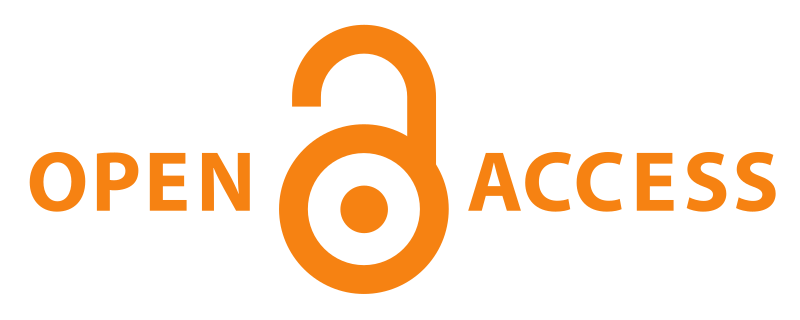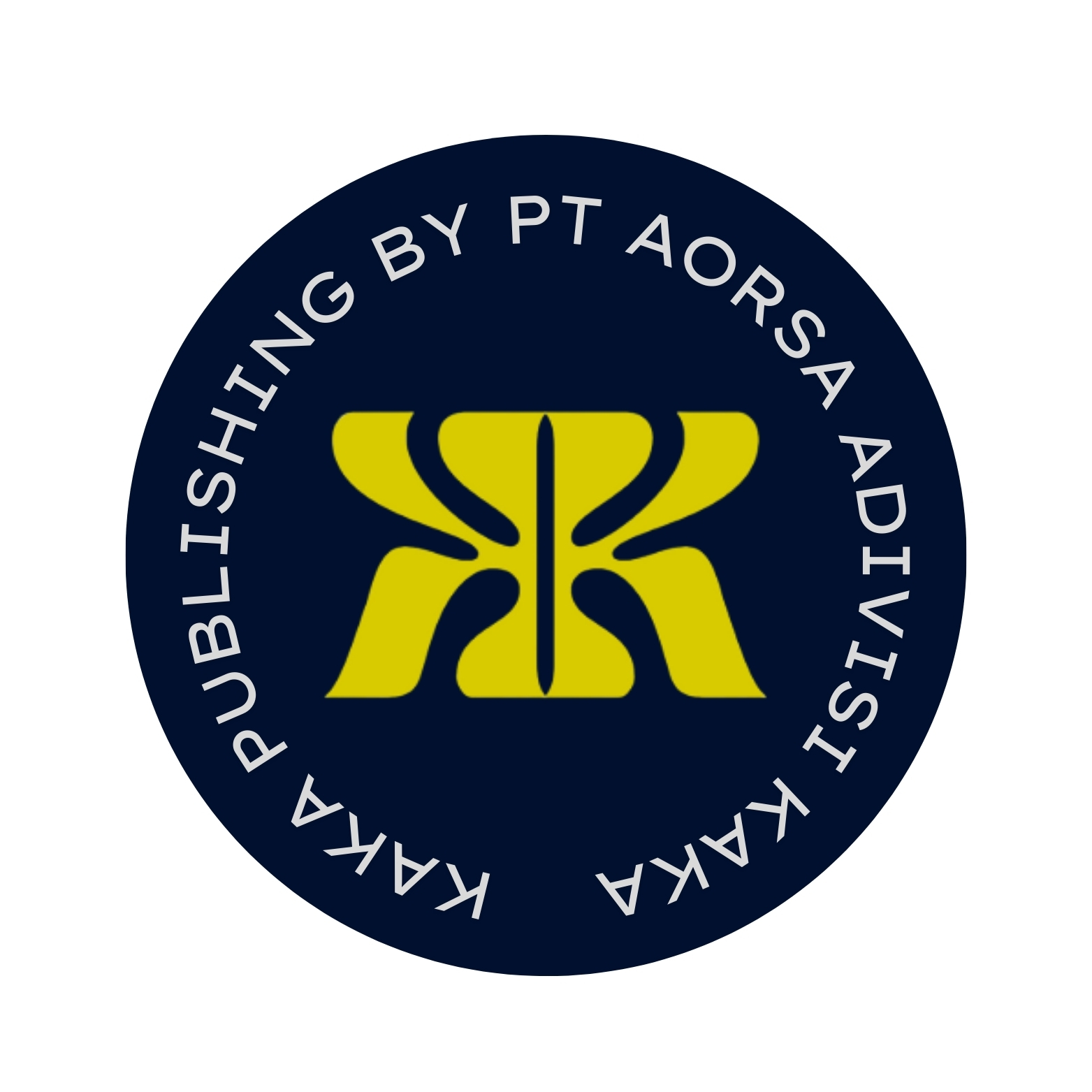Challenges and Opportunities of Integration of Islamic Law with International Standards in Global Trade
DOI:
https://doi.org/10.56607/wswjn858Keywords:
Halal Label, Islamic Law, International Standards, Globalization, Global TradeAbstract
Halal certification has become a crucial element in global trade, particularly in meeting the growing demands of Muslim consumers. The halal principle in Islamic law, rooted in the concept of halalan tayyiban, encompasses standards of cleanliness, safety, and ethics in the production of goods and services. However, globalization presents significant challenges in aligning Islamic legal principles with international standards. This article aims to explore how Islamic law can be integrated with international standards in the halal certification process, identify existing challenges, and uncover opportunities within global trade. The research method used is a normative juridical approach, The study collected data through a literature study that included Islamic legal literature, international standards, and global trade documents, as well as analysis of related regulations and policies. The article highlights the alignment of halal values in Islamic law with international guidelines, such as ISO 22000 and other regional standards. Discussions include the role of halal certification bodies in bridging Islamic norms with global demands, challenges arising from differing interpretations of halal, and economic barriers such as dual certification costs. The findings indicate that harmonizing Islamic law and international standards is highly feasible through collaboration involving scholars, regulators, and business actors. Halal diplomacy can also serve as a strategic tool to strengthen the position of Muslim-majority countries in the global market. With technological innovations such as blockchain-based halal tracking and widespread halal education promotion, this integration can yield significant benefits not only for Muslim consumers but also for overall global economic growth.
Downloads
Published
Issue
Section
License
Copyright (c) 2025 Wahyudi

This work is licensed under a Creative Commons Attribution-NonCommercial 4.0 International License.
Penulis artikel yang diterbitkan di Jurnal EMS diizinkan untuk mengarsipkan sendiri versi terbitan/PDF di mana saja.
























